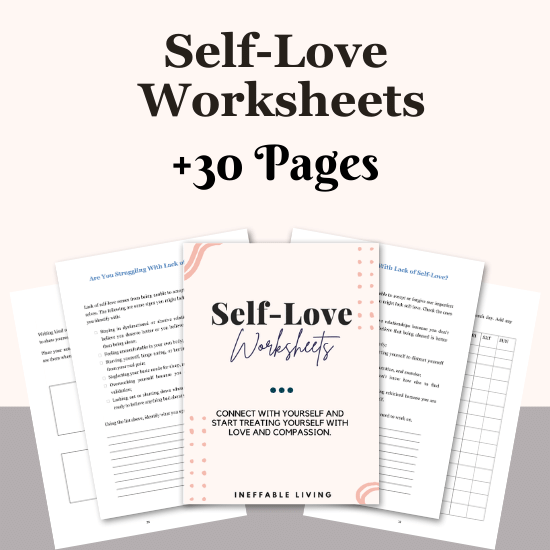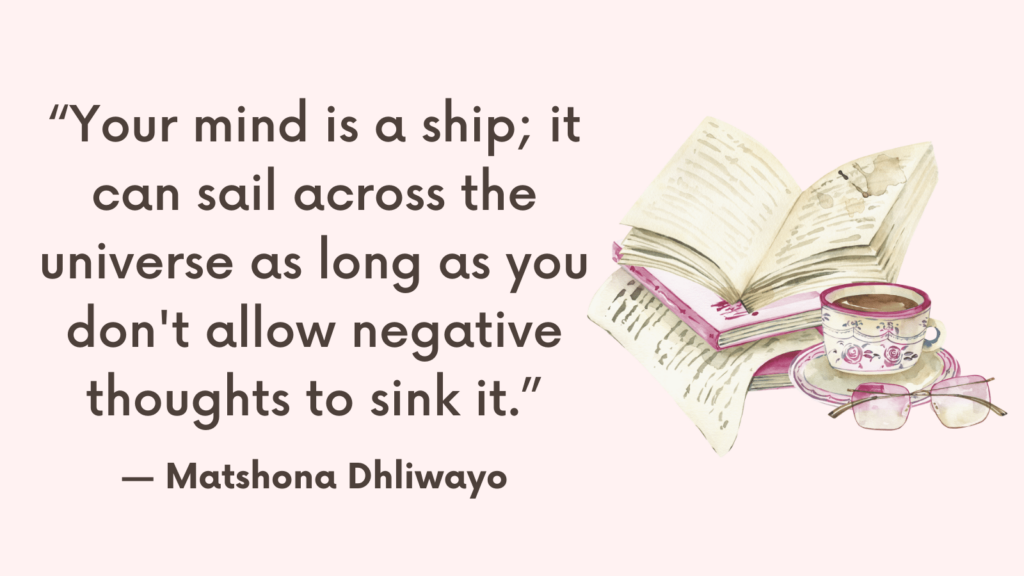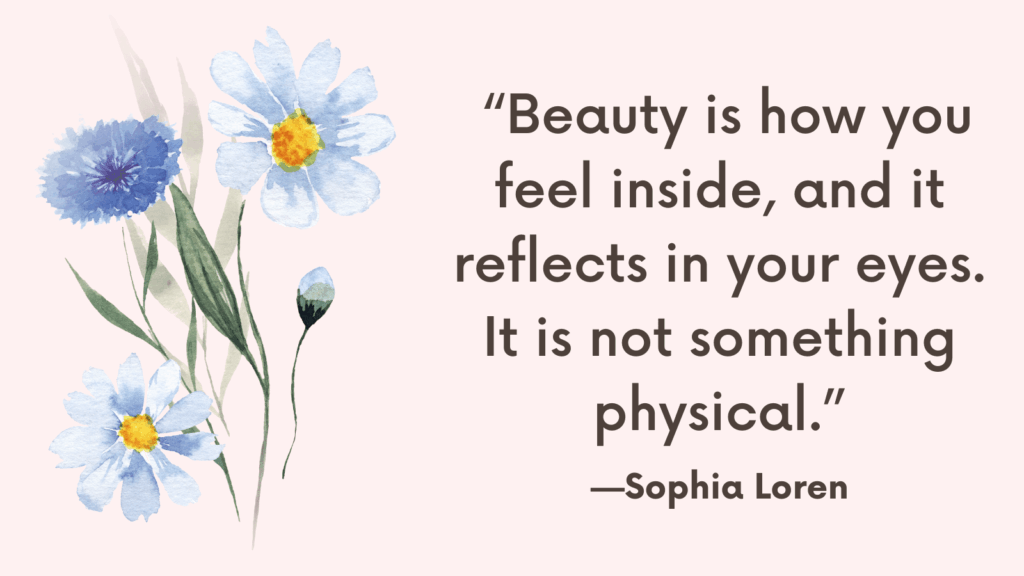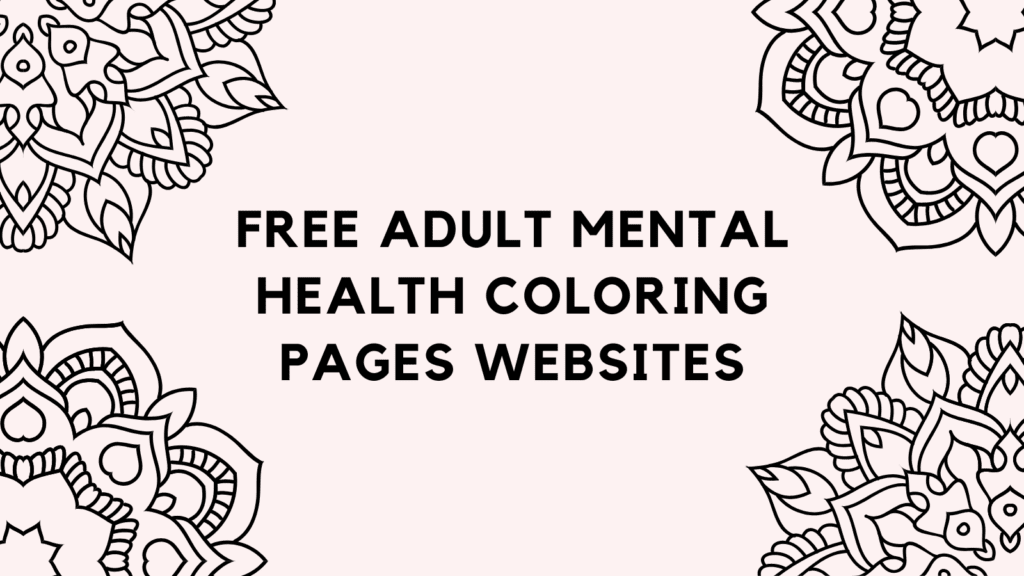This post contains a list of reasons why you can’t pour from an empty cup.
What “Empty Cup” Syndrome Really Looks Like
It’s Not Always Dramatic
Sometimes it’s quiet. You’re still functioning — working, parenting, showing up — but inside, there’s nothing left to give.
You Start Feeling Numb
Your emotions go flat. You stop caring about things you once enjoyed. Compassion fatigue sets in, even toward yourself.
You Become Resentful
Even the smallest request feels like a demand. You give, but it’s not out of joy — it’s out of guilt, habit, or fear of being seen as selfish.
Why You Can’t Pour From An Empty Cup?
1. Self-Depletion
When individuals neglect their own needs and consistently prioritize the needs of others, they may experience self-depletion.
This can lead to a lack of physical, emotional, and mental resources to effectively support others.
2. Burnout
Overextending oneself without taking time for self-care can contribute to feelings of burnout.
Burnout is characterized by emotional exhaustion, reduced sense of accomplishment, and depersonalization, which can hinder one’s ability to provide meaningful support to others.
3. Reduced Empathy
When individuals are running on empty, it becomes challenging to empathize and connect with others’ experiences and emotions.
Without a fuller cup, one may struggle to demonstrate genuine empathy and understanding.
Related: Top 75 Self Love Questions (+FREE Self-Love Resources)
4. Resentment and Frustration
A consistently empty cup can lead to feelings of resentment and frustration towards those one is trying to support.
Neglecting personal well-being may result in negative emotions that hinder the quality of support provided to others.
5. Lack of Resilience
Resilience, the ability to cope with and bounce back from adversity, can be compromised when one’s own cup is constantly empty.
When faced with challenges and stressors, individuals with depleted resources may struggle to respond effectively.
6. Ineffective Problem-Solving
A full cup represents having the clarity and mental capacity to engage in effective problem-solving.
When individuals neglect their self-care, they may find themselves struggling to generate solutions and make sound decisions.
7. Role Modeling
For those in caregiving or supportive roles, neglecting self-care can send a message to others, particularly children or dependents, that personal well-being is not important.
By maintaining a full cup, individuals can model healthy behaviors for those they care for.
8. Physical Health Consequences
Chronic neglect of one’s well-being can lead to physical health problems such as fatigue, weakened immune system, and increased susceptibility to illness.
These health issues can impair one’s ability to provide support to others.
Related: Best 25 Journal Prompts For Self Love
How to Fill Your Cup?
1. Self-Care Practices
Engage in activities that promote relaxation and personal enjoyment, such as meditation, yoga, deep breathing exercises, or spending time in nature.
These practices can help reduce stress and promote mental well-being.
2. Establish Boundaries
Set healthy boundaries in your personal and professional life.
Learn to say no when necessary and prioritize your own needs to prevent feelings of overwhelm and exhaustion.
3. Seek Social Support
Connect with friends, family, or a support group.
Having a strong social support network has been shown to have numerous benefits for mental health and overall well-being.
Related: Top 45 Self Care Day Ideas at Home To Kickstart Your Self Care Ritual
4. Practice Effective Communication
Communicate openly and honestly about your needs and limitations.
Expressing your emotions and seeking assistance when needed can help prevent feelings of being overwhelmed and unsupported.
5. Engage in Regular Physical Activity
Exercise has been shown to have numerous benefits for mental and physical health.
Regular physical activity can help reduce stress, improve mood, and increase overall energy levels.
6. Prioritize Sleep
Getting adequate and restful sleep is essential for replenishing your physical and mental resources.
Make sleep a priority to ensure that you are well-rested and rejuvenated.
Related: How To Start A Self Love Journey? Top 10 Powerful Ways to Love Yourself More
7. Pursue Hobbies and Interests
Engaging in activities that bring you joy and fulfillment can help replenish your emotional resources.
Whether it’s art, music, sports, or other hobbies, dedicating time to these activities can help fill your cup.
8. Practice Mindfulness
Mindfulness meditation and other mindfulness practices can help you stay present in the moment, reduce stress, and enhance your overall well-being.
9. Reflect on Your Values
Take time to reflect on your personal values and priorities.
Aligning your actions with your values can bring a sense of purpose and fulfillment, contributing to a fuller cup.
Related: Top 5 Acts Of Self Love To Start Practicing Today

Conclusion
By incorporating these strategies into your routine, you can work towards maintaining your well-being and ensuring that your cup remains full.
Remember that prioritizing self-care is not selfish, but rather a necessary component of being able to provide meaningful support to others.



